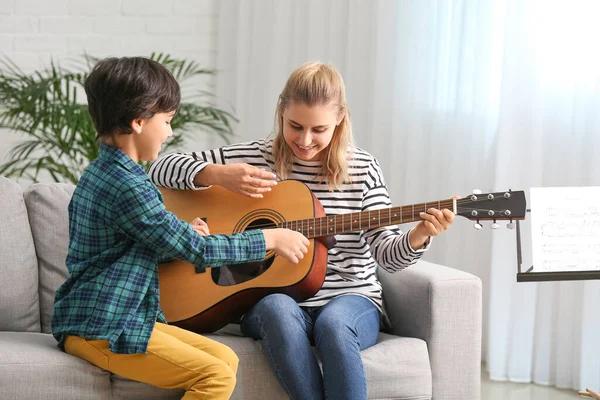Preparing mentally and physically before starting guitar lessons is essential for maximizing progress and enjoying the learning process. Approaching lessons with a clear mindset helps students absorb new information more effectively, while physical readiness ensures comfort and reduces the risk of strain or injury. Mental preparation begins by setting realistic goals that align with personal interests and abilities. Understanding what you want to achieve from your guitar lessons-whether it’s mastering chords, learning specific songs, or improving finger dexterity-provides direction and motivation. Visualizing success can also boost confidence; imagining yourself playing smoothly encourages a positive attitude toward practice sessions.
Equally important is managing expectations about the learning curve. Recognizing that mastery takes time prevents frustration when challenges arise. Embracing patience allows learners to stay committed despite initial difficulties. To further enhance mental preparedness, establishing a regular practice schedule creates consistency, which reinforces discipline and fosters steady improvement over time. Preparing mentally also involves minimizing distractions during lessons and practice times to maintain focus on technique and musicality.
Physical preparation plays a significant role in ensuring productive guitar sessions. Before beginning lessons, dive deeper into it is helpful to warm up fingers through simple stretching exercises targeting the hands, wrists, and forearms. This routine increases blood flow to muscles tendons involved in playing, reducing stiffness and enhancing flexibility needed for smooth transitions between notes or chords. Maintaining proper posture while holding the guitar supports long-term comfort; sitting upright with relaxed shoulders prevents tension buildup that could hinder performance or cause discomfort during extended practices.
Choosing an appropriate environment contributes to both mental clarity and physical ease when practicing or attending lessons. A quiet space free from interruptions allows concentration on instruction without external noise interfering with listening skills crucial for music education. Ensuring good lighting helps reduce eye strain when reading tablature or sheet music.
Additionally, familiarizing oneself with basic guitar components such as strings tuning pegs enhances readiness before formal instruction begins by building foundational knowledge that will be expanded upon later in classes.
Ultimately preparing mentally means cultivating enthusiasm alongside realistic ambition while preparing physically centers around conditioning body parts engaged in playing so they function efficiently without pain or fatigue throughout ongoing study periods.
Combining these approaches lays a strong groundwork enabling beginners not only to absorb new techniques quickly but also enjoy their journey toward becoming confident guitar players capable of expressing themselves through music effectively over time.




